James Edwards Responds to New York Times’ Request for Comment
I have received several interview requests from reporters who were seeking my comment on the “Unite the Right 2” event that took place on Sunday. Most regular listeners of TPC know that I have very little patience for so-called journalists and have had a longstanding tradition of rejecting almost all inquiries from the establishment media unless they involve live television or radio.
Serge Kovaleski of the New York Times, however, is one of the few reporters with whom I am willing to speak. We’ve had a couple of pleasant exchanges over the years and he’s always been courteous and fair. I was happy to oblige when Serge contacted me yesterday to get a quick comment for an upcoming article.
You can read a partial transcript below.
Serge Kovaleski:
Hi James,
Hope you have been well since we last communicated.
For a story for tonight, I am hoping you could share some insights into why turnout, as reported, was low for yesterday’s Unite The Right event in DC. What’s going on within the alt right?
Please feel free to email me your thoughts like last time.
Thank you again, James.
Best regards,
Serge
James Edwards:
Serge,
I was able to get back to this more quickly than I originally anticipated.
Here is my quote:
“I think a couple of things are going on in the Alt Right. We discovered at Charlottesville that our free speech rights would not be protected and that the police would allow Antifa to attack us with impunity, putting us in an impossible position. If we defend ourselves, or someone does something crazy in response to the chaos, we get blamed for the violence. Also, many of us now understand that there are some genuinely unhinged elements that will show up for a public event without careful vetting. Any dissident movement attracts a mix of the highest quality, most principled people who take a stand despite social ostracism, but also a minority of those whose primary motivation is attention and shock value. That’s why most people stayed away from the second event. Because all of us know the pain of being socially ostracized, we often are too soft and accommodating to those who would do reputational damage to our movement. We are growing up, becoming more professional in our approach, and I think you see that with the more measured, controlled demonstrations from groups like Identity Europa over the past year.”Thanks for reaching out.
James
Had I been asked the same question on cable news I would have gone on to double down and say that the lessons from Charlottesville are clear. We were denied police protection by express orders of the police chief. He made it clear why the police were not to enforce the law: the government was looking for a pretext to prevent the rally. This was all documented in the Heaphy Report, a report by a former federal prosecutor hired by the City of Charlottesville. The police chief had to resign. None of this was news in the mainstream media which continued with its fake news narrative blaming the victims of Antifa violence.
We live in a nation of cities like Charlottesville, a reverse mirror image of Maycomb, the fictional city in “To Kill a Mockingbird.” Violent Antifa activists are documented as having maced and teargassed participants in the Charlottesville rally. One of them threatened people with a home-made flamethrower. Another attacked an elderly man with a club. None of these people were prosecuted. Instead, the victims are being tried for defending themselves and the hate-crazed bigoted jurors of Maycomb-Charlottesville are convicting the victims who are being sentenced to outrageously savage sentences. These lessons have been taught us by a System that has forfeited any right to respect. The Alt Right has not gone away. It has simply learned what can and cannot be done in a country that is not free.
Now we’ll just wait and see if any of that makes it to print. I can tell you that the final product that was published after my first interview with Kovaleski – a collaborative front page article in December 2016 that featured several authors – was what one would naturally expect any piece from the New York Times to be. However, two of the very few paragraphs that were fair and objective were the two that involved yours truly. I give him due credit for that.

See also: Full Transcript of the December 2016 New York Times Interview with James Edwards




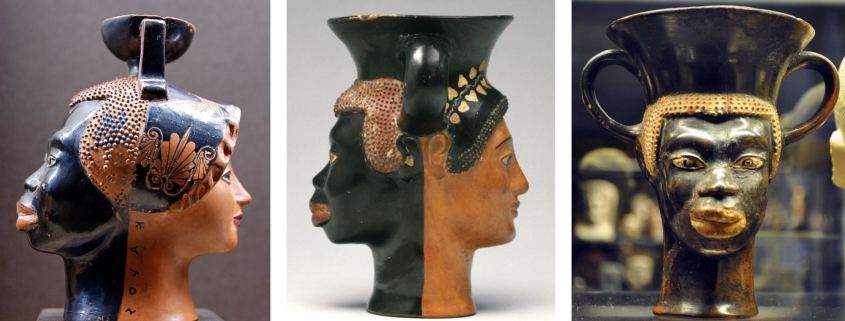
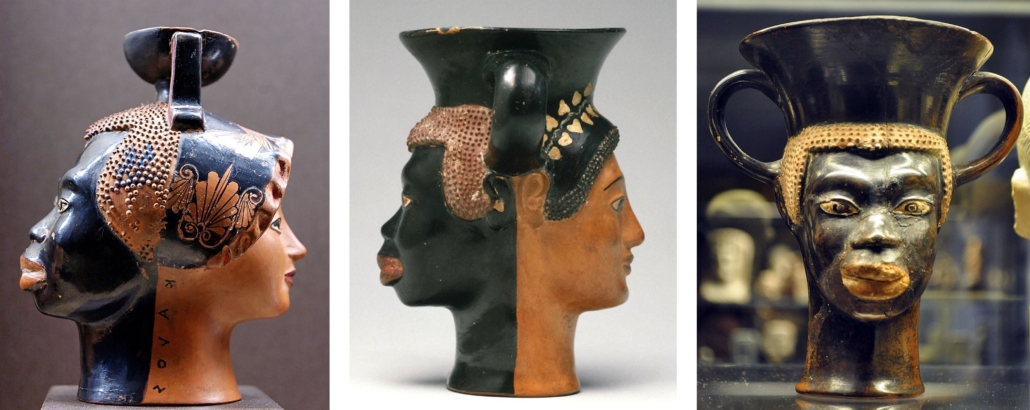
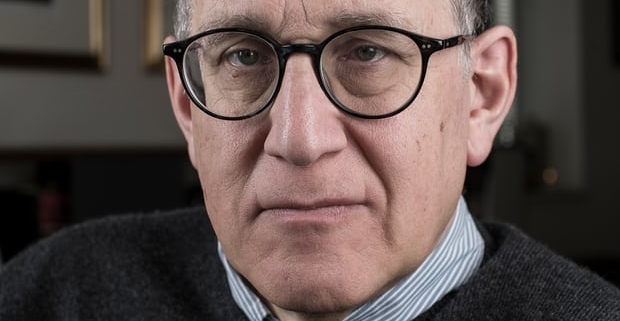
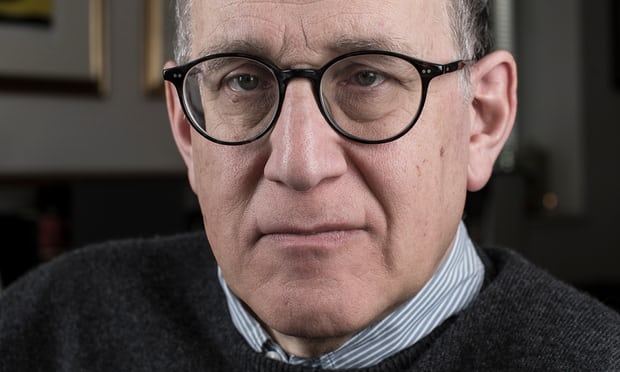

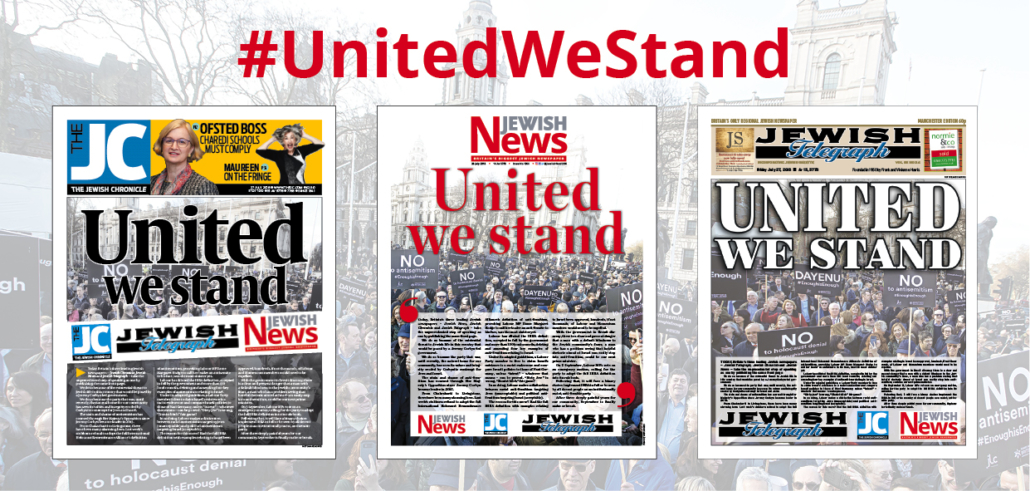
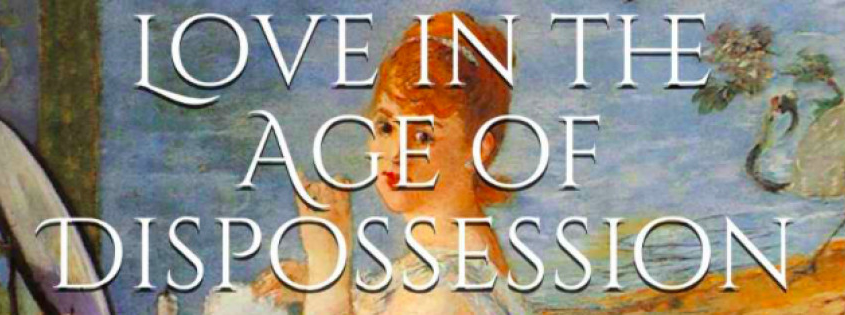

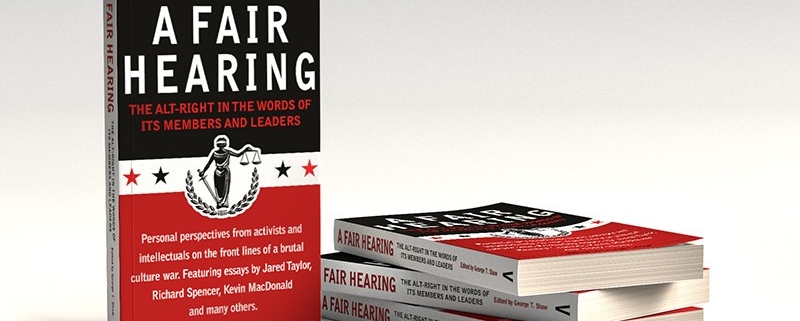
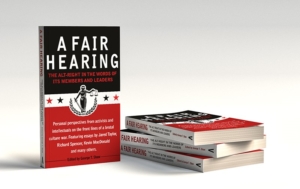 A Fair Hearing: The Alt-Right in the Words of Its Members and Leaders
A Fair Hearing: The Alt-Right in the Words of Its Members and Leaders


